

The 10th ARAB Film Festival
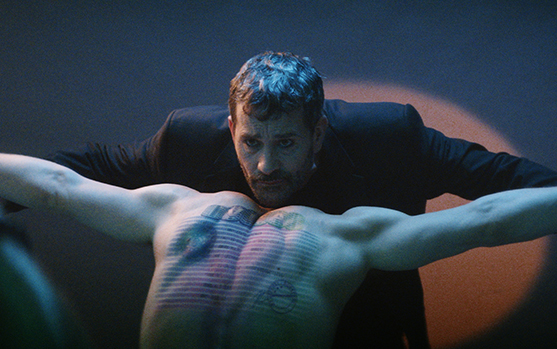
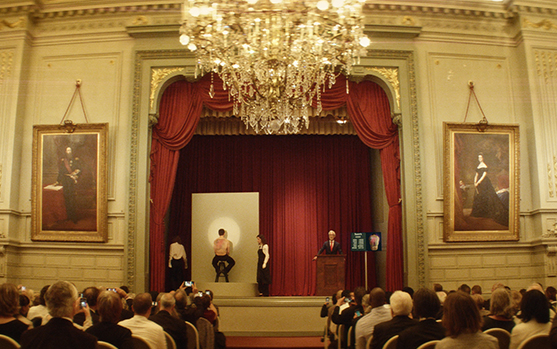
The Man Who Sold His Skin
- Tunisia, France, Belgium,
- Germany, Sweden
- 2020
- 104min
- Fiction
- 15 and over (15+)
Sam Ali, a young sensitive and impulsive Syrian, left his country for Lebanon to escape the war. To be able to travel to Europe and live with the love of his life, he accepts to have his back tattooed by one of the World’s most sulfurous contemporary artist. Turning his own body into a prestigious piece of art, Sam will however come to realize that his decision might actually mean anything but freedom. Through the story of a man who turns into a piece of living artwork the film achieves to reveal the reality Syrian refugees face while raising questions on human dignity in capitalistic world and boundary of contemporary art. Kaouther Ben Hania’s fifth feature-length film, The Man Who Sold His Skin premiered and got two awards at Venice Film Festival 2020 and nominated for the Best International Feature Film of Academy Awards in 2021.

Kaouther Ben Hania
Tunisian director Kaouther Ben Hania studied cinema in Tunisia and then in Paris - Femis and la Sorbonne. Her previous film Beauty and the Dogs , premiered at Cannes Film Festival official selection "Un Certain Regard" in 2017, won the Best Sound Creation Award and was distributed in many countries. Challat of Tunis, her second documentary, opened the ACID section at Cannes Film Festival 2014 and was widely distributed. Her third documentary Zaineb Hates the Snow premiered at Locarno Film Festival 2016 and won several awards. Imams Go to School, her first documentary premiered at IDFA 2010.
| Seoul |
aco7.16(Thu) 19:30 7.19(Sun) 11:30 |
|---|
| Busan |
7.16(Thu) 15:20 7.19(Sun) 12:40 |
|---|
HIGHLIGHTS
Arabian Wave
The 'Arabian Wave' section presenting the lives of contemporary Arabs through cinema will showcase five films this year. The selection includes some of the most buzzed-about Arab films from major international festivals such as Cannes, Venice, Locarno and Toronto to offer an opportunity to look into the current state of the Arab world and the changing aspects of life in it.
Hassen Ferhani’s 143 Sahara Street is a feature-length documentary about a woman who runs a small shop in the middle of the Algerian Sahara and people who drop by, revealing their stories of life as well as social and environmental changes in Algeria through conversations. Ameen Nayfeh’s 200 Meters follows a father and his family living 200 meters apart in villages separated by the wall, as they face a challenge due to the specific circumstances. Jimmy Keyrouz’s Broken Keys unravels a “quiet resistance” story of a musician and people in the civil war zone, who are deprived of freedom and hope symbolized by music yet aspire to a humane life. Both films inspire the viewers to reflect on how long-standing wars and conflicts affect the daily lives of individuals.
Amjad Abu Alala’s You Will Die at 20 and Ismaël Ferroukhi's Mika explore the theme of coming of age to look into Arab society and culture. Telling the story of a young man who had to grow up with very little hope for his future because of a prophecy predicting his death at 20, You Will Die at 20 raises questions about religious and collective norms in relation to the free will of individuals. Mika carefully traces the struggle of a poor boy yearning for a better life in the city but having little chance to, implying the issue of social inequalities.
FILMS
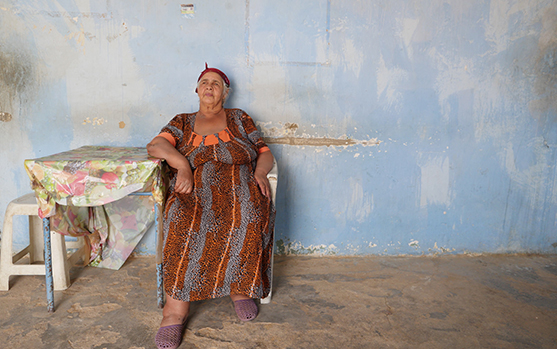
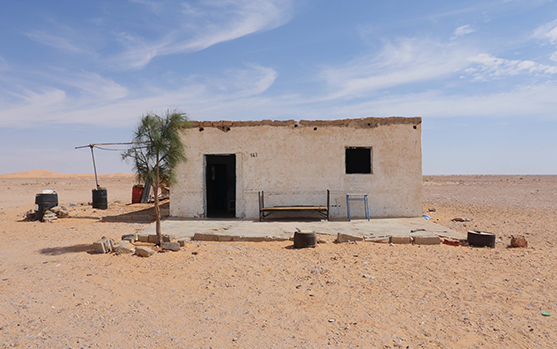
143 Sahara Street
- Algeria, France, Qatar
- 2019
- 104min
- Documentary
- General Audience (G)
In the middle of the Algerian Sahara, in her relay, a woman writes her history, She welcomes, for a cigarette, a coffee or eggs, truckers, wandering beings and dreams, Her name is Malika. Their small talks on families, politics or social changes reveal colorful fragments of lives and profound moments of empathy. Capturing the desolate but beautiful scenery of vast Sahara, the film doesn’t miss out the development and environmental change going on in the desert, symbolized by the new gas station coming near Malika’s shop. Since its premiere at Locarno Film Festival in 2019, the film has traveled to many international festivals including Toronto International Film Festival and International Documentary Film Festival Amsterdam.
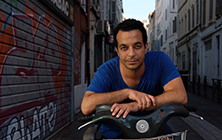
Hassen Ferhani
Hassen Ferhani was born in Algiers in 1986. In 2006, he directed his first film, a short fiction film Les baies d’Alger (The Bays of Algiers), selected in official competition by several international festivals. In 2008, he participated in the FEMIS summer training and directed a short documentary Le vol du 140, and in 2010, he co-directed a documentary film Afric Hotel. Tarzan, Don Quixote and Us directed in 2013 has been presented at Visions du Réel and FID Marseille as well as in several international festivals. Roundabout in My Head, his first multi-primed feature film was released in February 2016.
| Seoul |
7.17(Fri) 16:30 7.21(Tue) 19:30 |
|---|
| Busan |
7.19(Sun) 17:00 7.21(Tue) 17:00 |
|---|
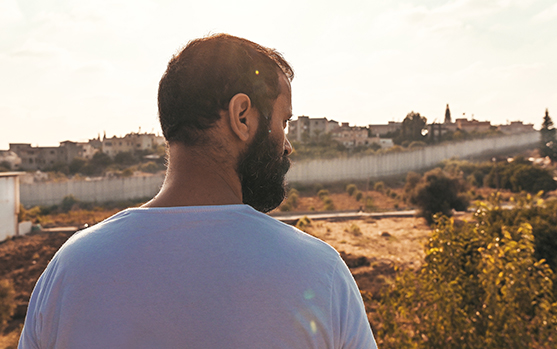
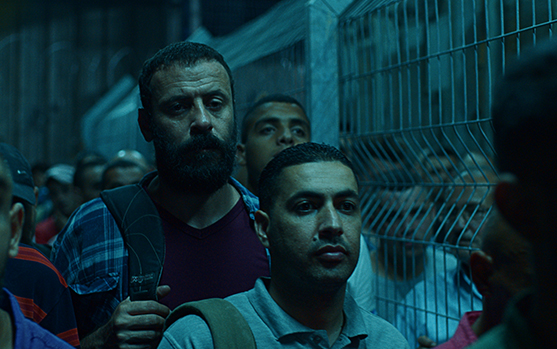
200 Meters
- Palestine, Jordan, Qatar, Italy,
- Sweden
- 2020
- 96min
- Fiction
- 15 and over (15+)
Mustafa and his wife Salwa live 200 meters apart in villages separated by the wall. Every night, Mustafa flashes a light from his balcony to wish his children on the other side a goodnight, and they signal him back. One day he gets a call every parent dreads: his son has had an accident. Rushing to cross the Israeli checkpoint, Mustafa is denied on a technicality. But a father’s love won't give up and he will do anything to reach his son. A 200 meter distance becomes a 200 kilometer odyssey, as Mustafa, left with no choice, attempts to smuggle himself to the other side of the wall.
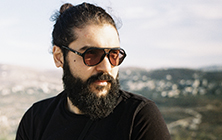
Ameen Nayfeh
Ameen Nayfeh is a writer and director born in Palestine in 1988. He spent his formative years moving between Jordan and Palestine. Despite an early interest in filmmaking, in 2010 he earned his B.Sc. in Nursing from Al-Quds University in East Jerusalem. Two years later, he earned an MFA in film producing from the Red Sea Institute of Cinematic Arts in Jordan. Ameen Nayfeh's previous films include The Crossing (2017, Short), Suspended Time - Zaman Muaalaq (2014, documentary segment), The Eid Gift (2012, Documentary) and The Uppercut (2012, Documentary). 200 Meters is his first feature film.
| Seoul |
7.16(Thu) 14:00 ac7.20(Mon) 19:30 |
|---|
| Busan |
7.18(Sat) 12:50 7.21(Tue) 14:40 |
|---|
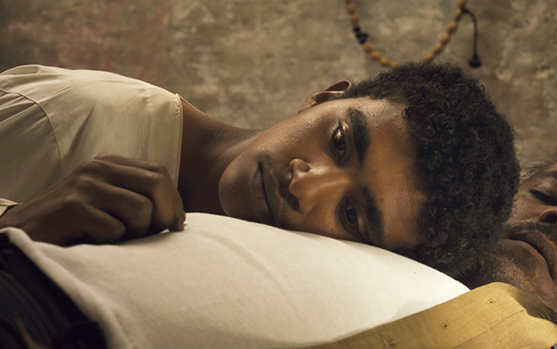
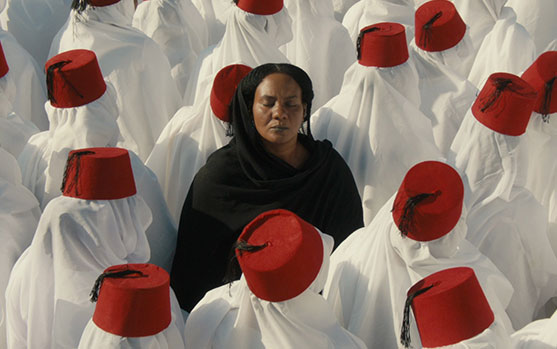
You Will Die at 20
- Sudan, France, Egypt, Germany,
- Norway, Qatar
- 2019
- 103min
- Fiction
- 15 and over (15+)
Sudan, province of Al-Jazīrah, nowadays - When Muzamil was born, a prophecy by the holy man of the village predicts that he will die when he is 20 years old. Muzamil’s father cannot stand the doom and travels away from home. Sakina, as a single mother, raises her son with over protection. One day, Muzamil turns 19... The eighth feature fiction film ever produced in Sudan, You Will Die at 20 had its premiere at the 2019 Venice International Film Festival’s independent sidebar Venice Days to win the Lion of the Future award for Best First Feature film.
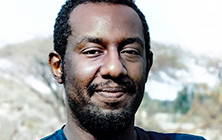
Amjad Abu Alala
Amjad Abu Alala is a Sudanese director and producer, born and currently residing in the United Arab Emirates. He studied media at the United Arab Emirates University and worked as a films and documentaries director with various media institutions for Arab and Western channels. He made many short films that screened at different film festivals, including Orange and Coffee, Feather of the Birds, Teena, and Studio, which was supervised by Abbas Kiarostami. In 2013, he received the Best Arabic Theater Script award from the Arab Authority for Theater for Apple Pies. He currently works as head of programming committee for the Sudan Independent Film Festival.
| Seoul |
7.17(Fri) 11:30 ACO7.19(Sun) 16:30 |
|---|
| Busan |
7.17(Fri) 17:15 7.20(Mon) 17:20 |
|---|
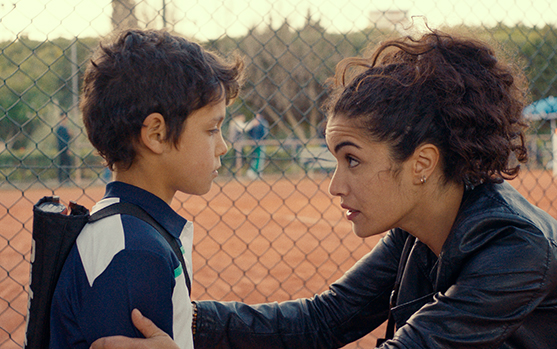
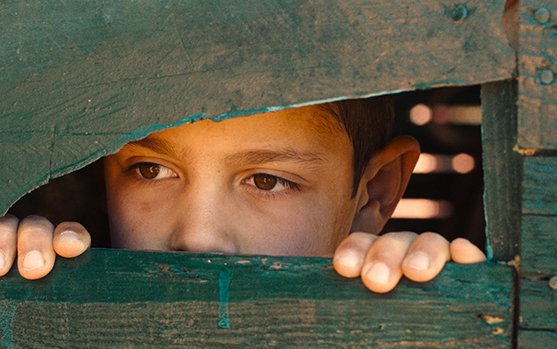
Mica
- Morocco, France, Qatar
- 2020
- 103min
- Fiction
- General Audience (G)
10-year-old Saïd (Mica) sells grocery bags in souks. He lives with his mom and sick dad in a slum near Meknes. One day, Hajj Kaddour comes to take Mica to be an errand boy in a tennis club in Casablanca. This job would be an opportunity to help Mica's family. Sophia, an ex-tennis champion and trainer at the club, ends up noticing Mica and takes him under her wing. Hajj Kaddour condemns it, but the little boy sees it as an opportunity to go to Europe. In his first tournament, however, Mica gets into a fight and gets fired: jobless and homeless, Mica roams around Casablanca. Though Sophia helps him and manages to convince him to pick up his training, Mica has one obsession: migration.
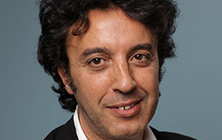
Ismaël Ferroukhi
Ismaël Ferroukhi is a French-Moroccan film director and screenwriter born in 1962 in Morocco. He gained exposure with his 1992 short film L’Exposé (The Presentation), which won two prizes (Kodak and prix SACD for best short film) at Cannes Film Festival. In 1994, he co-wrote the Cédric Kahn film Trop de bonheur (Too Much Happiness). His directorial debut Le grand voyage (The Great Voyage), won the Lion of the Future for a First Feature Film at Venice Film Festival in 2004. His second feature film The Free Men was screened at Cannes Film Festival in 2011.
| Seoul |
7.18(Sat) 14:00 7.21(Tue) 11:30 |
|---|
| Busan |
7.18(Sat) 17:10 7.21(Tue) 19:30 |
|---|
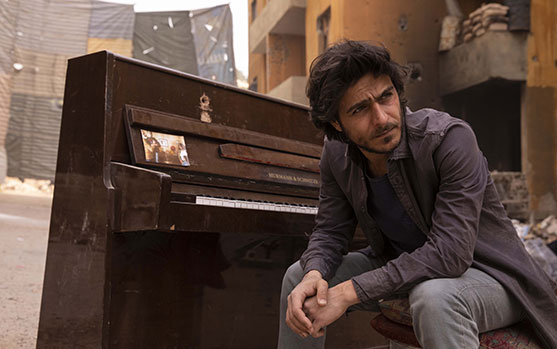
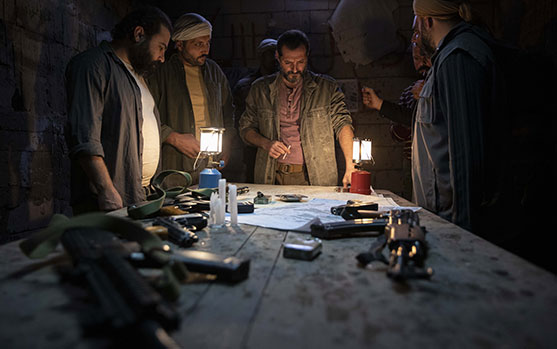
Broken Keys
- Lebanon
- 2020
- 110min
- Fiction
- 12 and over (12+)
2013, in a war-torn village in Syria. Karim, a musician, needs to sell his most precious possession to leave Syria and only has thirteen days to do it. As he wraps the instrument, a terrorist leader bursts into the apartment and destroys it. Karim enlists the help of a young boy named Ziad to whom he promises money, to help find the parts he needs in order to rebuild his piano. After several failed attempts, Ziad tells Karim about a grand piano located in a dangerous distant city named Ramza that was owned by family friends. It’s a suicide mission but Karim has to take this chance.
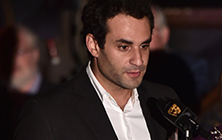
Jimmy Keyrouz
Jimmy Keyrouz is an award-winning director/writer. His 2016 short film Nocturne In Black won at the 43rd Student Academy Awards, the BAFTA Student Film Awards, the Director’s Guild of America Film Award, and was shortlisted for the 2017 Oscars in the Live Action Short category. It premiered at the Lincoln Center in May 2016 and screened at Telluride, LA Shorts Fest and many film festivals around the world. In 2012, Jimmy joined the Screenwriting/Directing Master in Fine Arts program at Columbia University. In 2018, he directed and edited a feature documentary The Holy Goats. Broken Keys is his first feature film.
| Seoul |
7.17(Fri) 14:00 7.19(Sun) 19:30 |
|---|
| Busan |
7.16(Thu) 17:30 7.19(Sun) 19:30 |
|---|
